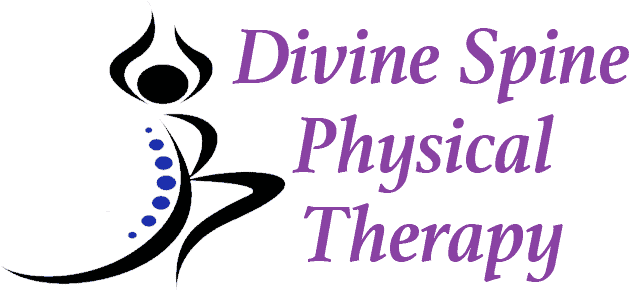Constant Stress-Related Headaches? Here’s How Physical Therapy Can Help
Sometimes, a pill just doesn’t cut it when it comes to stress headaches. This class of headache includes the classic “band of pressure” around your head, as well as generalized aching and tenderness. The kind of muscle tension and emotional stress that lead to this type of head pain can create a complex chain reaction. Physical therapy provides relaxation and posture correction. You’ll not only experience relief of your current headache, but future stress headaches may decrease. Contact Divine Spine today to learn how we can help you live a headache free life!
Hands-On Relief
Some headache prevention techniques are simple enough to do at home. But a physical therapist can provide a more targeted approach when you’re anticipating a stress headache — or are in the grip of one. Alternating cold and heat therapy is a simple but effective strategy. These specialized compresses and gentle electronic pulse wands ease muscle strain. They also provide soothing relief.
Manual therapy also includes massage for stress headache treatment. Soft tissue mobilization relaxes tense muscles. Because of this effect, massage can provide immediate pain relief, or prevent future headaches. If you are currently having a headache, a physical therapy session eases the pain by relaxing the muscles in your jaw, temples, neck, and shoulders.
In addition, patients with chronic tension headaches report decreased incidents of head pain when undergoing regular massage therapy. It’s believed that relaxing the muscles in and around the head prevent the contractions that result in pain.
Physical therapy massage also helps ease the emotional stress that causes you to tense those muscles. In addition, people who get regular therapeutic massages report getting better rest, which leads to less stress during the day.
Posture Correction
The way we stand and sit can influence how much pressure is put on various muscles. Poor posture compresses muscles and nerves. For many people, these overworked muscles and nerves in the shoulder, chest and neck area trigger tension headaches.
Your physical therapist can help evaluate your posture for areas that need improvement. He or she will also demonstrate the correct way to move, sit and stand. These changes place less stress on overworked muscles.
In addition to demonstrating chest, back and shoulder positions, a physical therapist can suggest lifestyle changes. Modifications to workstations at home and at work often have a big effect on posture. They might include a telephone headset, a raised computer monitor, a specialized chair and even a rubber mat to stand on while doing kitchen tasks.
Strength Training
Your shoulders, back and neck do a lot of the “heavy lifting” when it comes to keeping you supported throughout the day. If the muscles in these areas are too weak, they get overworked. Physical therapy work on neck and upper back muscles involves resistance training to build up the muscles.
For many people, stronger upper body muscles equate to fewer — and less intense — stress headaches. Exercises might start with simple chin-to-chest nods to build neck strength. Free weights and resistance bands build up shoulder and back muscles.
Flexibility Improvement
The more that you’re able to move your neck and shoulders as you move through your day, the less pressure you put on the major muscle groups in those areas. This potentially alleviates some of your stress headaches. In physical therapy, you’ll learn moves that will stretch your neck and loosen up your chest and shoulder muscle and tendon groups. Doing these regularly may help some people with chronic stress headaches.
Want to learn more about relieving the frequency and severity of your chronic stress headaches? Contact our physical therapy Monroe NJ office to learn more. We’ll set up an evaluation of your specific challenges. We’ll also suggest a course of treatment to help you relax muscles, sleep better and make lifestyle choices that can fight off some of those debilitating stress headaches.
